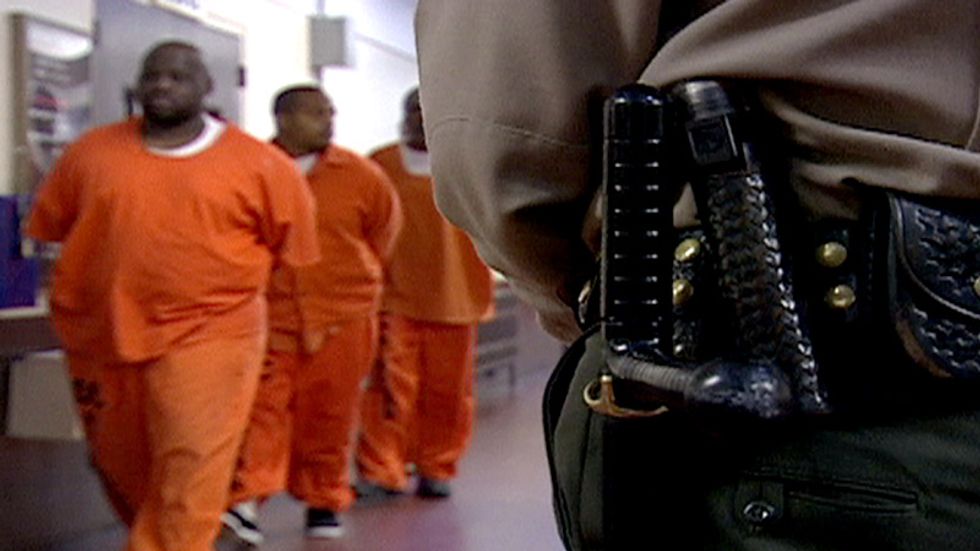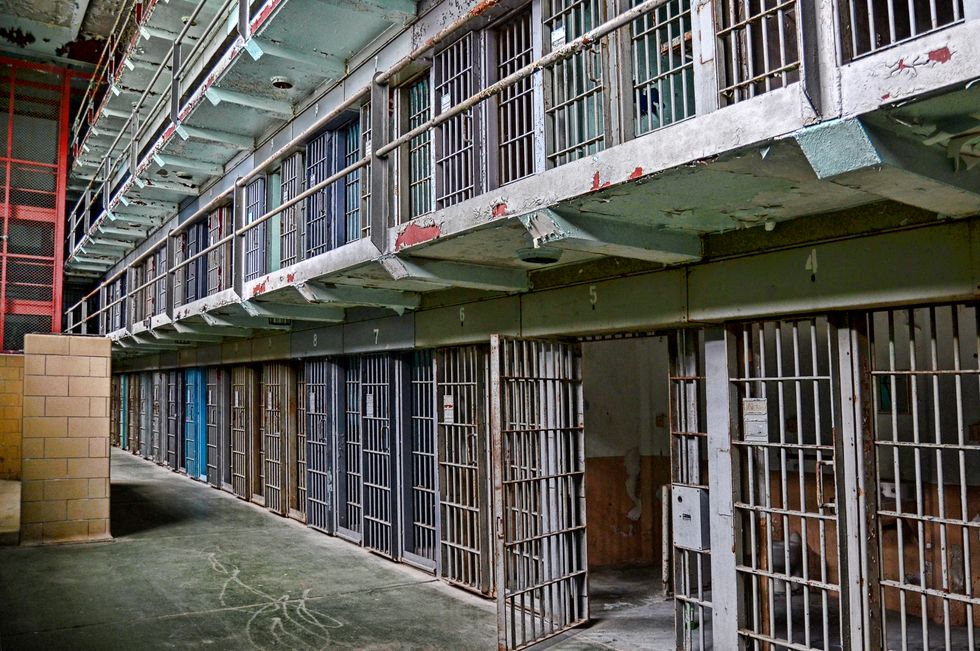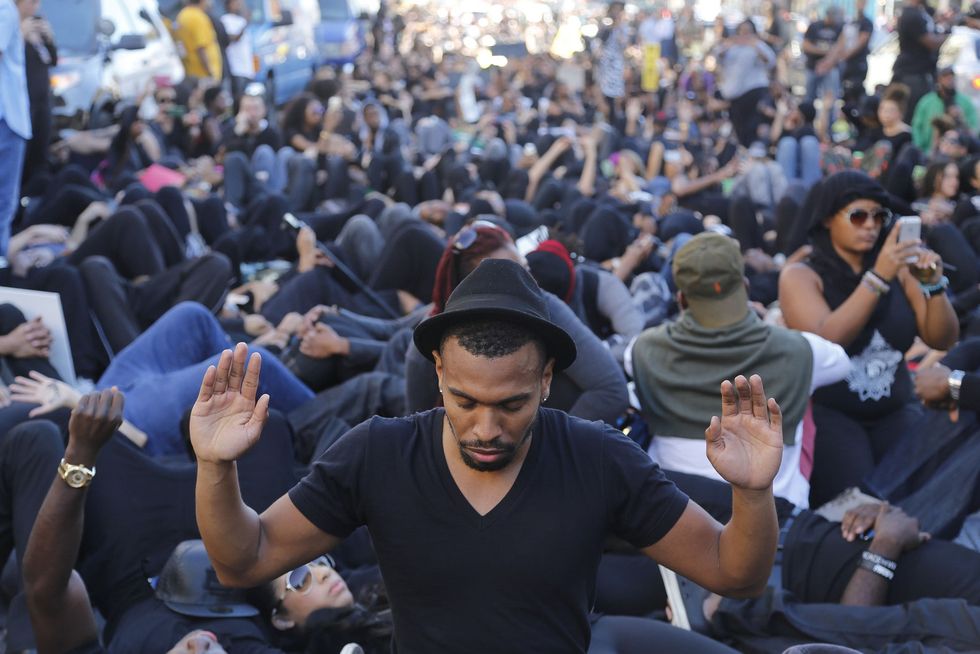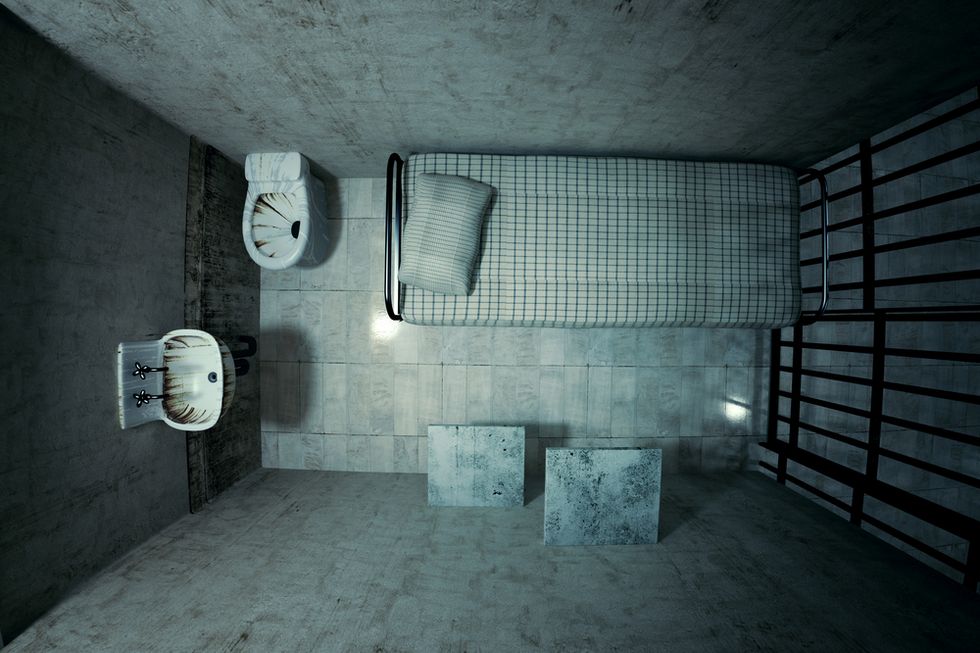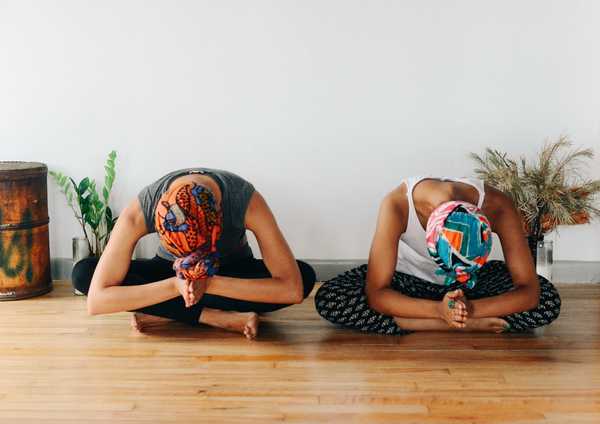I grew up believing that prisons kept me safe. I learned that violent people and bad guys deserved to be locked up. I learned that they did this to themselves. It took me eighteen years to realize that our punitive justice system is way more oppressive and unjust than I was taught as a kid.
In theory, the American punitive justice system seems fair: criminals are incarcerated to rehabilitate them and prevent others from breaking the law. However, my privileged upbringing prevented me from having to understand that our prison system is inherently racist and classist. In fact, throughout American history, the police have been used to protect the institution of slavery and enforce segregation. Although literal slavery has since been abolished, the systemic racism that our country was founded upon continues to oppress people of color through our police force’s enforcement of white supremacy.
Racial profiling and the War on Drugs result in increased incarceration of marginalized groups for nonviolent or drug offenses. Poor neighborhoods rely on the drug trade as a part of their economy, yet while the mass incarceration of drug-related offenses leaves inner city kids without parents at home, it does little to combat addiction or provide solutions to lack of education or social justice in low-income communities. Although the frequency of drug use and distribution is similar among races and socioeconomic groups, people of color are far more likely to be incarcerated for drug-related law violations. In fact, “African Americans comprise 14 percent of regular drug users, but 37 percent of those arrested for drug offenses” (source). Although I’ve seen many people try to deny it, white and wealth privilege play a disproportionately large role in how one is regarded by the American justice system.
In addition to people of color and people of low income, LGBTQ individuals are systemically oppressed and targeted by the prison system. Queer and trans people of color are, in fact, some of the most systemically oppressed by the prison industrial complex, which directly profits off the arresting and incarcerating of others. Mainstream queer rights movements overemphasize issues like gay marriage, while so many less fortunate members of the LGBTQ community are fighting for their lives. One in four trans people have been harassed by the police, who are the third largest perpetrators of queer-phobic violence. Within the prison system, trans people who have not undergone an expensive gender reassignment surgery, are imprisoned with members of their biological sex, not their gender identity. This leads to serious violence against trans bodies; in fact, trans women are 13 times more likely to be sexually assaulted in prison than cisgender women.
Therefore, I refuse to support a system that profits off the incarceration of marginalized groups. Furthermore, there is no evidence that incarceration prevents future crime. In fact, within five years of release, over 75 percent of prisoners are rearrested. The prison system aims to abuse its inmates, not rehabilitate them. Inmates are subjected to solitary confinement, sexual exploitation and rape, and a lack of respect for incarcerated individuals’ most basic human rights, including adequate health care.
I agree that there is a certain class of individuals, those guilty of serious violent crimes, who deserve to be held accountable and punished for their actions. However, I think, above all, what they need is rehabilitation, not to be further dehumanized by a system that directly profits off their suffering. The only realistic alternatives I see to the current justice system are based on transformation not punishment.Our prison system finds a way to deprive Americans of basic rights, even after they’ve served their sentences. One who has a felony on his/her/their record is denied the right to vote (resulting in direct suppression of the African American vote). It is almost impossible for these individuals to find a job, often leading them back to the same circumstances that caused them to resort to drug trafficking, sex work, or other “broken windows” crimes in the first place.
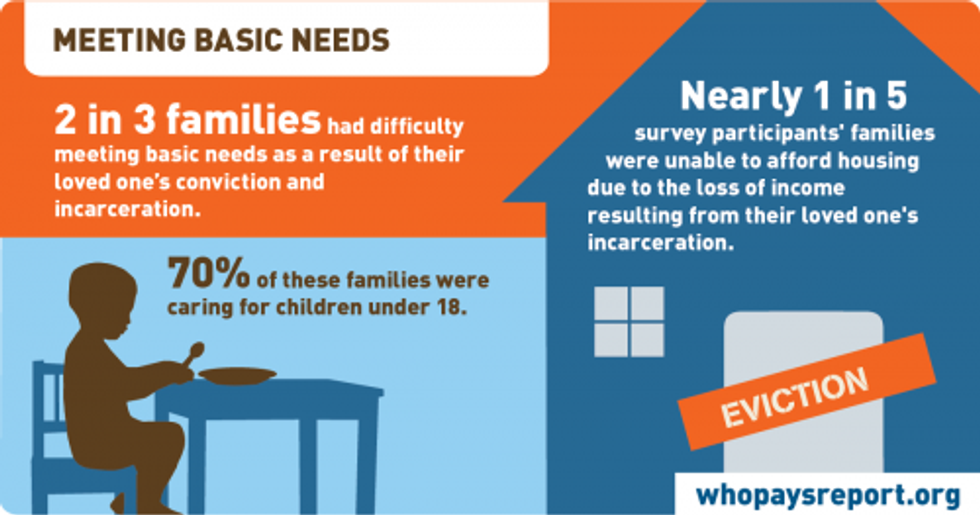
In my opinion, the alternative to a retributive justice system is a restorative one. Restorative justice has been practiced and proven successful in many places throughout the world. In addition to be proven more successful than a punitive justice model, a restorative system would save a lot of taxpayer money; in fact, it costs over $28,000 to keep one person in prison for one year. Meanwhile, alternatives to prison provide solutions to the underlying problems that cause people to commit crime, in addition to strengthening families and communities that would otherwise be divided by the widespread effects of mass incarceration. So what are some of these alternatives?
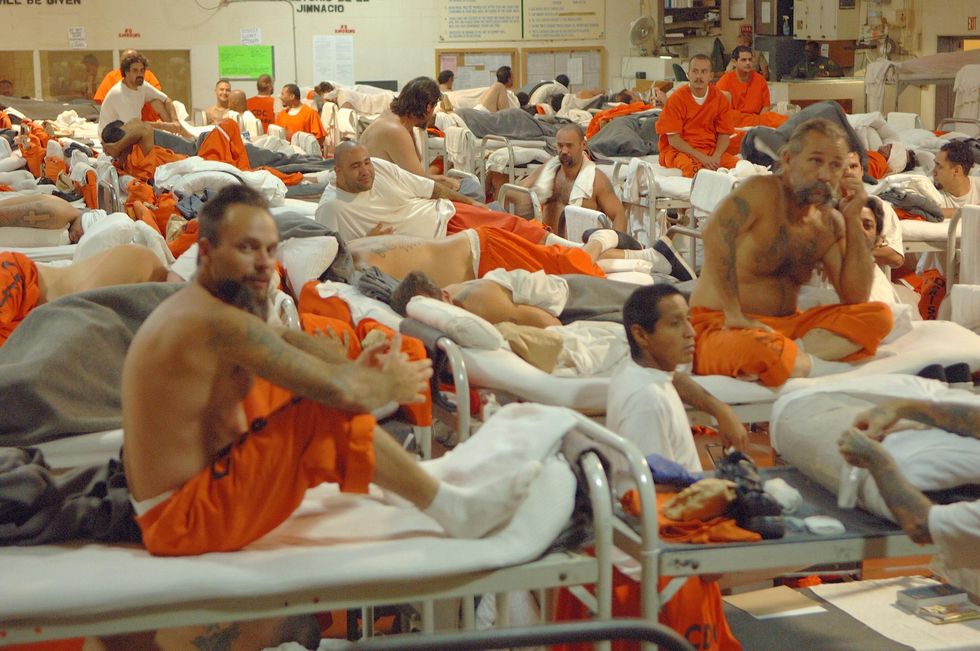
Community Corrections or Probation is another option. Although it still serves to punish nonviolent offenders, it focuses on helping them get jobs after their sentences and continue to live viable lives. Other alternatives to incarceration for nonviolent offenses include halfway houses and community service.
